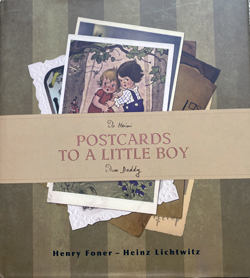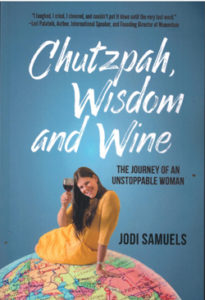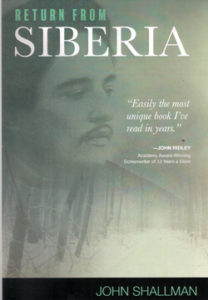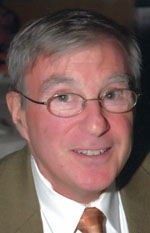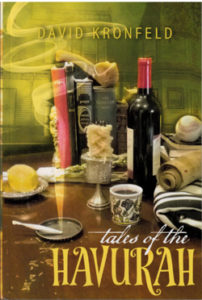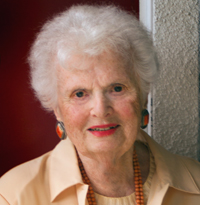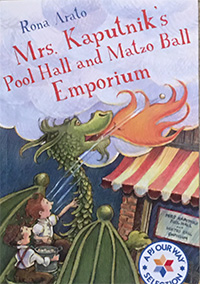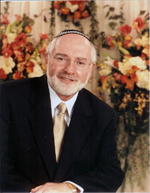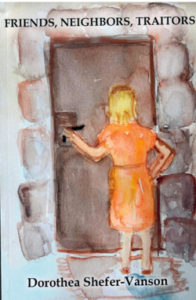Postcards and the Kindertransport
This story is built around 50 delicate letters, most written on the back of German period piece postcards: including garden scenes of fairy tales gnomes, elfs, leprechauns, and teddy bears designed for children. The letters, starting in February 1939 were by Max Lichtwitz, a Berlin lawyer, to his six-year-old son Heinz or Heini Lichtwitz, the future Henry Foner. They evoke love, longing, and irreparable loss. Max, a widower, sent his six-year son Heinz to England to live in Swansea, Wales with Morris and Winifred Foner. Max, his new wife and stepdaughter never got out of Germany, and were murdered in Auschwitz. [Oliver Pollak]
Postcards and the Kindertransport Read More »
Books, Poetry & Short Stories, International, Jewish History, Oliver Pollak